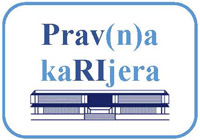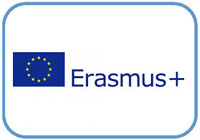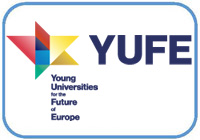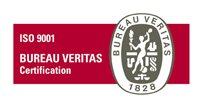Study outcomes, knowledge and skills gained upon the completion of the Study
Upon completion of this study programme students will gain skills, knowledge and competences about:
- types, legal characteristics, advantages and disadvantages of financing of the companies / corporations;
- types of financing available in the law of capital market;
- types and forms of secured claims which are used for certain types of financing;
- orms of restructuring available in the law of market competition and in bankruptcy law, together with advantages and disadvantages thereof;
- possibilities of companies’ entering into market competition in sectors which maintain process of liberalization;
- features, structure and dynamics of financing public projects, as well as understanding concept of Private Public Partnership;
- tax aspects of conducting business of the companies and avoidance of double taxation, as well as basic features managerial accounting;
- basic concepts of psychology of organization as well as psychology of communication as applicable in law;
- responsibility and liability insurance of persons who manage company business;
- criminal law protection of financial interests of the companies and their criminal responsibility;
- features of single European payment area and advantages for the companies;
- possibilities of using EU instruments of procedural law which facilitate cross-border settlement of claims and
- solving disputes with cross-border element before courts, together with issues of jurisdiction and competent law.
With the gained knowledge, skills and competences, students will be able to successfully choose appropriate sources of financing for specific needs of their company, all based on thorough comparison of advantages and disadvantages of each type of possible financing. Likewise, they will be able to take into account important aspects of establishing financial discipline in the company. Since companies are directed towards cross-border conducting of their business, students shall be able to apply legal instruments of European law which are available in representing companies’ interests. In that way, students shall gain comparative advantages in relation to other companies, especially when requesting fulfillment of companies’ claims through judicial system.
















